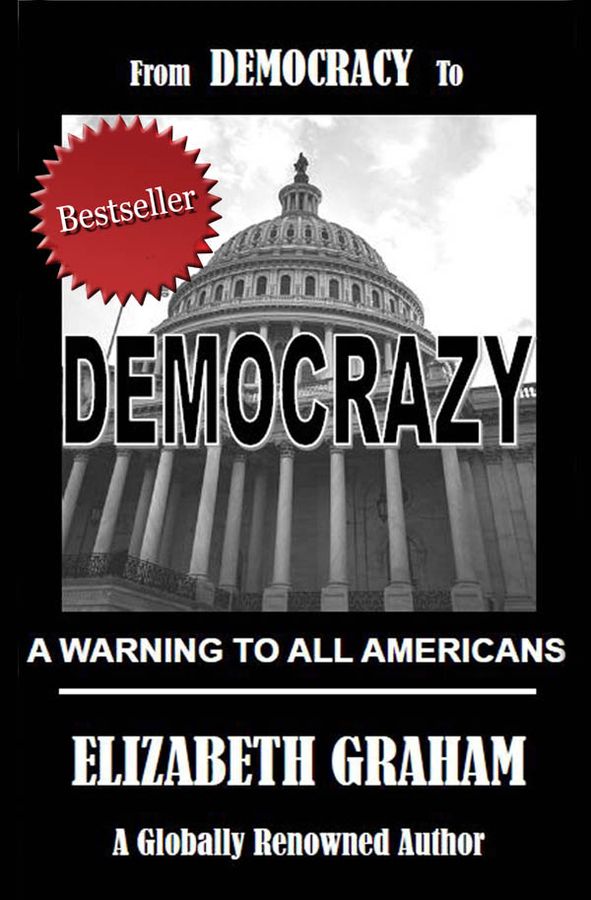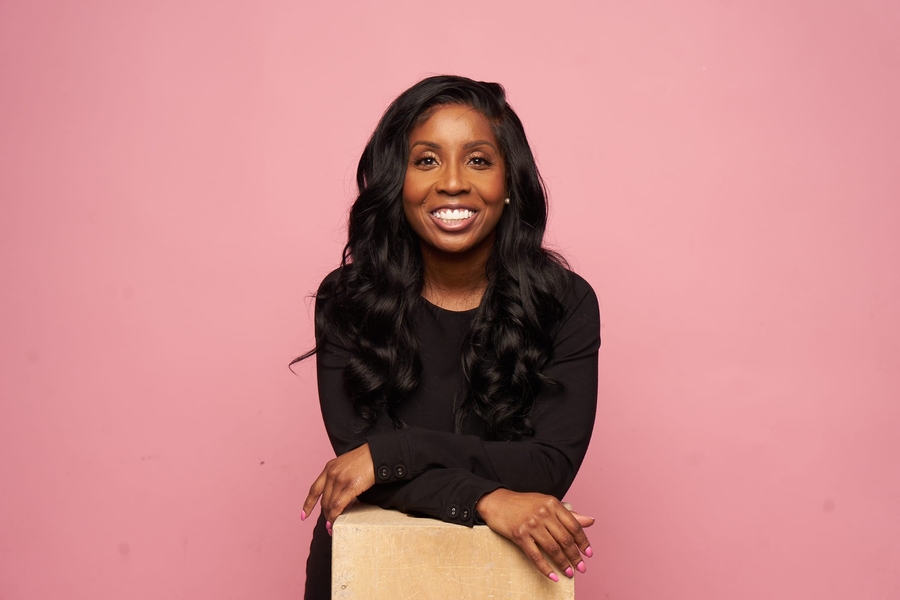MANCHESTER, N.H. (AP) – New Hampshire voters have made their picks: Republican Donald Trump and Democrat Bernie Sanders. They are choices with implications for next-to-vote South Carolina, Nevada and beyond in the 2016 race for president.

Republican presidential candidate, businessman Donald Trump takes the stage to speak to supporters during a primary night rally, Tuesday, Feb. 9, 2016, in Manchester, N.H.
Here are some takeaways from the results in the first primary state:
___
TRUMP PROVES HE’S A WINNER
He needed a strong victory. Trump got one Tuesday in New Hampshire.
The longtime Republican front-runner proved he can do more than just top preference polls by posting a dominant victory in the nation’s first primary state. And with it, he could become difficult to stop as the nomination battle moves forward.
The brash billionaire was already far ahead of the fractured GOP field in polls of next-to-vote South Carolina before Tuesday’s win, and it should be expected that he’ll get a boost of momentum coming out of New Hampshire.
Also to be expected: the GOP establishment’s worries about Trump will deepen. Those Republican leaders who fear Trump is unelectable in a general election – and there are many – publicly suggest they have until mid-March to coalesce behind a viable alternative.
But the continued strength of Texas Sen. Ted Cruz, along with Marco Rubio’s lackluster performance in New Hampshire, suggest that most of the Republican field will be locked in a messy muddle for weeks to come. And as they fight among themselves for second and third place, Trump may get a relative free pass to grow stronger.
___
RUBIO’S TOUGH NIGHT
Hounded by Chris Christie in the final debate before Tuesday’s primary for what the New Jersey governor argued is his thin record of accomplishment, Rubio repeated a line from his standard stump speech four times.

Democratic presidential candidate Hillary Clinton huddles with former President Bill Clinton and daughter Chelsea at her New Hampshire presidential primary campaign rally, Tuesday, Feb. 9, 2016, in Hooksett, N.H.
And for the next two days, Rubio defended doing so – even as the whiff of momentum he had carried forward from a strong third-place finish in Iowa’s caucuses was evaporating. The Florida senator finally fessed up after voters delivered their verdict in Tuesday’s primary.
“I want you to understand something. Our disappointment tonight is not on you. It’s on me. It is on me. I did not do well on Saturday night,” Rubio said. “Listen to this: That will never happen again. That will never happen again.”
The question for Rubio is how long the damage will last. He moves on to South Carolina no longer ready to emerge as the prospective alternative to Trump and Cruz. Instead, he’s back among the pack of GOP hopefuls looking to break out.
___
CLINTON’S VULNERABILITIES
Sanders’ blowout victory over Hillary Clinton exposed significant weaknesses in the former secretary of state’s White House bid. Sanders won an overwhelming majority of young voters, a significant part of the coalition that twice helped elect Barack Obama. And Sanders and Clinton were evenly divided among women, a major setback for a candidate who aims to become the nation’s first female president.
Clinton campaign manager Robby Mook wrote in a memo that her campaign is well-positioned among black and Latino voters who are prominent in Nevada, South Carolina and the March contests. But the resounding loss in New Hampshire, which Clinton won in 2008 and where her husband revived his flagging campaign in 1992, creates the potential for the party’s diverse electorate to give Sanders a second look.
___
WHAT VOTERS CARE ABOUT
Among Democrats, voters said they valued honesty over other qualities in a candidate – including experience, caring about people like them and electability. That loomed large for Sanders. Less than half of Democratic primary voters in New Hampshire said Clinton is honest and trustworthy. Asked which of the two Democratic candidates had those qualities, half said only Sanders had them – and more than 9 in 10 of those people voted for him.
About 4 in 10 said both of the Democrats were honest and trustworthy, but very few said only Clinton has those traits.
Seven in 10 self-identified independents voting in the Democratic primary supported Sanders, while self-identified Democrats were evenly split between the two candidates.

Republican presidential candidate Sen. Marco Rubio, R-Fla., fist bumps his son Dominick Rubio, 8, after speaking at his primary night rally at the Radisson Hotel in Manchester, N.H., on Tuesday Feb. 9, 2016. With him is his…
On the Republican side, voters who wanted an outsider made a big difference for Trump. Half said they want the next president to be outside the political establishment – 6 in 10 of them voted for Trump. Among those saying they want a candidate who “tells it like it is” over other qualities, two-thirds voted for the real estate mogul and former reality TV star.
___
CAMPAIGN CASH
Money is about to get tight for several candidates who just unloaded much of their campaign coffers in New Hampshire, a state where it costs a lot to broadcast TV ads.
And some of the biggest Republican donors who’d been hoping for a clear signal from voters as to which of several candidates would be the strongest competitor to Trump and Cruz will have to keep waiting.
That means fortunes aren’t likely to dramatically rise for any of those would-be alternatives: Rubio, John Kasich and Jeb Bush.
Kasich, the second-place finisher in New Hampshire, began the year with just $2.5 million, about one-third as much as Bush and a quarter of Rubio’s available cash. Kasich senior adviser Tom Rath said Tuesday he expects an infusion of donations based on the New Hampshire results. “We have a lot of people who have been promising money if we perform,” Rath said. “Tonight, we performed.”
As for Rubio and Bush, both campaigns were working hard to portray to donors their middle-of-the-pack finishes as a “win” of sorts. Yet both ended up well behind Trump and Kasich and were in a battle for third place with Cruz. The results leave little incentive for prospective donors looking for someone to take on Trump and Cruz to act now.




